read also
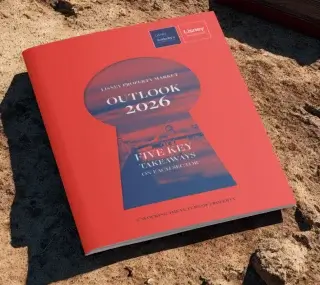 Lisney Property Market Outlook: Irish Property Market Poised for Steady Growth in 2026
Lisney Property Market Outlook: Irish Property Market Poised for Steady Growth in 2026
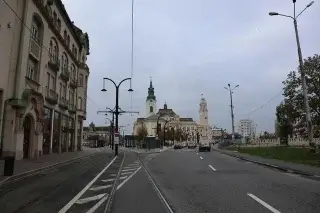 Inflation in Romania Slows to 9.6% but Remains Above Forecast
Inflation in Romania Slows to 9.6% but Remains Above Forecast
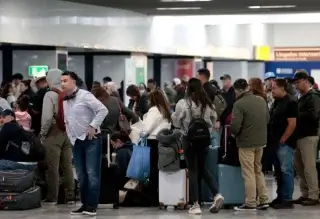 Riots in Mexico Disrupt Air Links to Resort Destinations
Riots in Mexico Disrupt Air Links to Resort Destinations
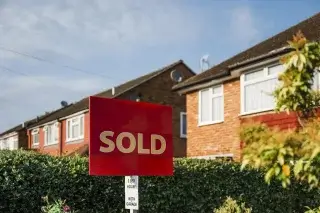 UK House Prices Stabilise After 2025 Slowdown
UK House Prices Stabilise After 2025 Slowdown
 Israel Housing Market Eyes a Reset in 2026
Israel Housing Market Eyes a Reset in 2026
 Real Estate Investment Declines in Southeast Europe in 2025
Real Estate Investment Declines in Southeast Europe in 2025
Real Estate Buyers in Bulgaria Demand Price Reductions
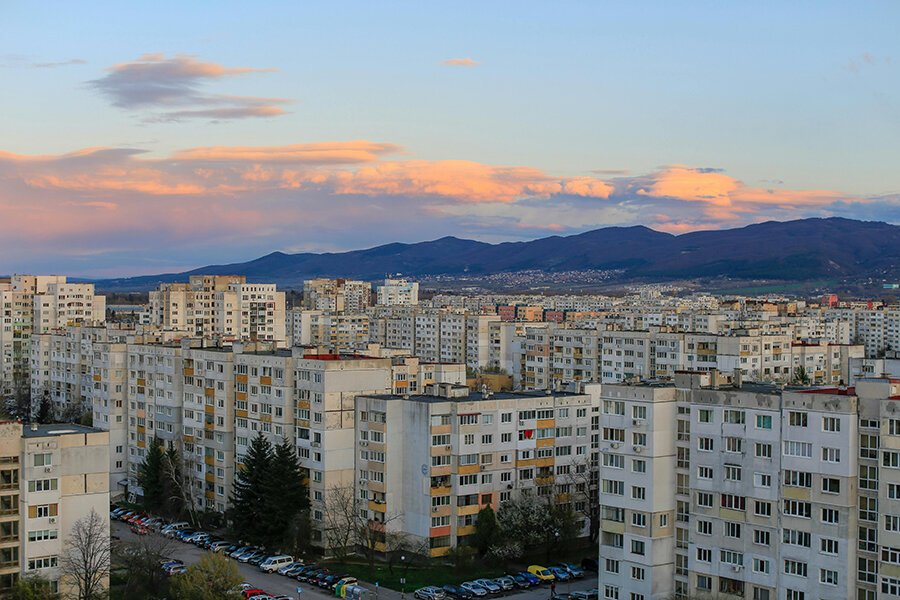
In 2024, real estate buyers in Bulgaria reached a psychological barrier in terms of price growth, leading to a shift in their behavior. Previously, 30% of transactions were completed without a discount or with minimal concessions of up to €5,000. However, since October, buyers have been persistently demanding price reductions, Investor.bg reports, citing data from Imoteka.
Prices and Transactions
For properties priced over €200,000, discounts now reach 10–15%, and every second buyer is looking to reduce the price by €5,000–10,000. Many sellers in the secondary market refuse to make concessions, anticipating another price surge following the introduction of the euro. However, market prices are increasingly influenced not only by the price per square meter but also by the quality of the property, location, and infrastructure.
In Bulgaria’s major cities, the number of transactions is increasing. In Sofia, demand for three-bedroom apartments has risen by more than 10%, with prices up by 12%. Two-bedroom apartments have seen a 15% price increase. In Varna and Plovdiv, prices have surged by 19% for both property types, while in Plovdiv, three-bedroom apartments have increased by 14%.
Experts note the ongoing internal migration from small towns to major cities such as Sofia, Plovdiv, Varna, Blagoevgrad, and Stara Zagora, which sustains high housing demand. Additionally, buyers' purchasing power is closely tied to mortgage accessibility. Most transactions are financed with loans. In Sofia, the share of mortgage-financed purchases rose from 57% in 2023 to 61% in 2024, while in Plovdiv, it grew from 56% to 65%. Notably, 48% of borrowers finance more than half of the property’s cost with a loan. This indicates both greater mortgage accessibility and the market’s dependence on financial institutions.
Buyer Profile
A significant portion of buyers are young professionals in high-ranking positions, particularly in the IT sector. They benefit from rising average salaries and declining unemployment. In Sofia, the most active buyers are Bulgarians aged 30 to 39, who account for 32% of all transactions. The 40–49 age group follows with 29%, while buyers over 50 make up 24%. Younger buyers aged 18 to 29 represent 16% of all property purchases in 2024.
Most available properties (85%) fall into the mid-range segment. The highest demand is for two-bedroom apartments measuring 55–65 square meters and three-bedroom apartments of 90–100 square meters. In the capital, similar properties, as well as houses in suburban and countryside areas, are particularly sought after. Standalone houses with plots of at least 500 square meters are especially popular. There is also growing demand for penthouses with spacious terraces and scenic views, as well as duplex apartments.
Luxury real estate in the high-end segment continues to attract buyers. Fully completed and furnished apartments are among the most preferred options, as most buyers want to avoid additional investments and time-consuming renovations after purchase.
New developments with flexible payment plans are seen as the most attractive option. On the secondary market, transactions are slowing due to the gap between buyer and seller expectations. Recently, closing deals has become more challenging, as buyers are increasingly unwilling to proceed with a purchase unless they receive some form of concession.
Potential Risks and Forecasts
Despite strong demand, some experts warn of market overvaluation. In early October 2024, Bulgaria’s National Bank tightened mortgage lending conditions: loans can no longer exceed 85% of the property’s value, and monthly payments must not surpass 50% of the borrower’s income. Additionally, the maximum mortgage term is now capped at 30 years. These changes are expected to gradually drive up interest rates, which could impact the market.
Analysts predict that in 2025, due to the limited supply in the secondary market and ongoing inflation, prices may continue to rise. However, there is also a possibility of price stabilization if demand declines because buyers perceive real estate as too expensive. The introduction of the euro will further influence price trends, while stricter mortgage regulations could make the market less accessible to certain buyer groups.


